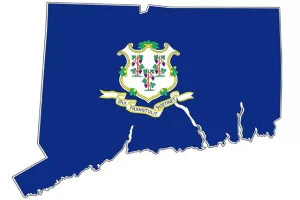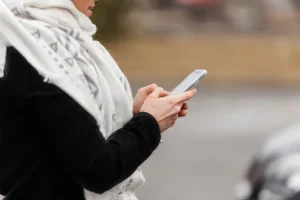The Rise in TCPA Lawsuits Related to Calling Times Violations
In recent months we’ve seen a massive increase in the number of lawsuits related to contacting consumers outside of allowable calling times. If you’ve spent any significant time in this space, you know there are trends amongst plaintiffs. As we’ve seen the number automatic telephone dialing system (ATDS) cases fall off a cliff since the Facebook ruling, plaintiffs have moved on to DNC cases and now calls to reassigned numbers and claims of calling times violations seem to be what’s hot with plaintiffs.
Plaintiff’s counsel are now advertising looking for consumers to report if they have been contacted by a marketing call in violation of Telephone Consumer Protection Act (TCPA) allowable hours. It’s no longer, “Have you been injured in an accident,” but instead, “Have you received a telemarketing call or text after 9pm or before 8am?” As an example, the same South Florida firm filed over 100 lawsuits in March 2025 related to calling times against companies both large and small, covering an array of industries. It should be noted that the majority of the lawsuits filed, seem to be related to text messages received outside of allowable hours, but the same rules would hold true for both calls and texts.
The TCPA quite clearly outlines that: No person or entity shall initiate any telephone solicitation to any residential telephone subscriber before the hour of 8 am or after 9 pm (local time at the called party’s location).
The TCPA also defines telephone solicitation as: the initiation of a telephone call or message for the purpose of encouraging the purchase or rental of, or investment in, property, goods, or services, which is transmitted to any person, but such term does not include a call or message:
- To any person with that person’s prior express invitation or permission;
- To any person with whom the caller has an established business relationship; or
- By or on behalf of a tax-exempt nonprofit organization.
As you see, calling time prohibitions do not appear to apply to calls where an established business relationship (EBR) is present, or to calls with the consumer’s consent to be contacted. It is unclear if the lawsuits in question can claim these exemptions. However, in a twisted turn of events, on March 3rd, a group of petitioners asked the FCC to weigh in on this specific question. They want the FCC to clarify that if consumers agree to get marketing calls and texts, they can’t then turn around and sue businesses for sending messages between 9pm and 8am. The FCC accepted the petition a week later and opened it up for public comments through April 10, 2025.
It seems strange that the FCC would agree to take this issue up and ask for public commentary on a topic which appears to be so clearly laid out already within the TCPA. CompliancePoint will continue to monitor this to see where it lands.
CompliancePoint has a team of experts dedicated to helping businesses ensure their marketing efforts comply with the TCPA, TSR, and all state telemarketing laws. Contact us at connect@compliancepoint.com to learn more about our services.
Finding a credible expert with the appropriate background, expertise, and credentials can be difficult. CompliancePoint is here to help.





